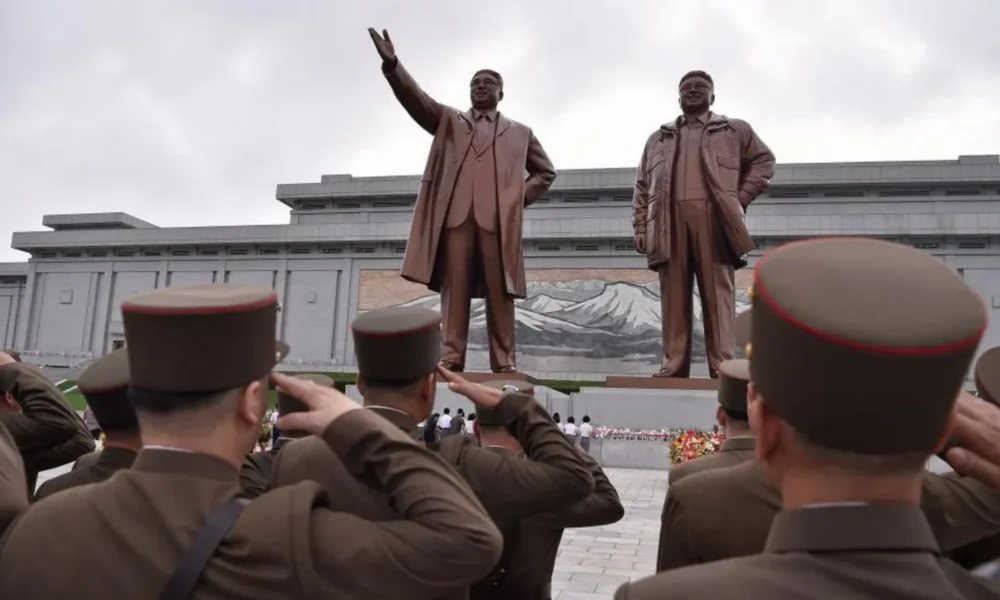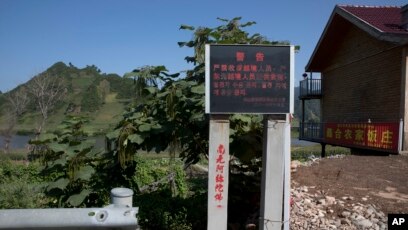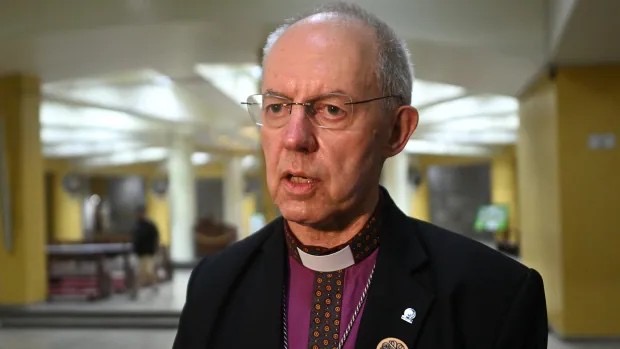Kim Dong-soo of the Institute for National Security Strategy adviser has explained why more North Korean Diplomats are defecting to the south
In recent years, a series of cases continues that senior diplomats, many of whom are considered key elites in the North Korean regime, have defected to South Korea, including Il-kyuRi, 52, who served in the North Korean embassy in Cuba. The cases of diplomats defecting from North Korea’s diplomatic posts abroad, which are North Korea’s “outposts” for foreign relations and a source of foreign currency, have been frequent in recent years.
These days, those most loyal to Jong-un Kim’s regime (the highest class) are consumed with fear and avoidance of responsibility as they watch Jong-un Kim’s ruthless executions and purges of senior officers, including Song-thaek Jang, etc. Unlike under Jong-il Kim, they are the first to flee to other countries, including China and Russia, as well as South Korea, in the event of a drastic change under Jong-un Kim.
Under Jong-un Kim, the middle class has already been ideologically and consciously transformed, and they are a group that can be swayed to the side of the people at any time in the event of a drastic change in the Jong-un Kim’s regime. The future survival of the Jong-un Kim’s regime will be determined by how the middle class reacts and moves.
The illusions that the lowest class of North Koreans had about Jong-un Kim at the beginning of his rule have already been transformed into resentment and antipathy toward the greatness of the supreme leader, “General Jong-un Kim,” due to the ongoing economic hardship. For North Korean people, Jong-un Kim is now perceived as the heir apparent to Il-sung Kim and Jong-il Kim, a leader irresponsible to the “plain people,” and an incompetent ruler unable to solve the country’s economic woes.
In North Korea, since diplomats have more of a vested interest in the regime than any other group, they are a highly supportive group, but in recent years, there has been a growing number of diplomats who are changing their minds about Jong-un Kim. North Korean diplomats used to think that if Jong-un Kim died, they would die, but that perception is now a thing of the past. When Eastern Bloc socialism collapsed, no officials or diplomats were killed, and there are many examples of people in positions of power who have become entrepreneurs and wealthy in the wake of regime change.
A series of ruthless executions and purges under Jong-un Kim signaled his strong determination to instill fear in the upper class to extract loyalty. Jong-un Kim, who inherited power in a relatively short period of time and has a relatively weak power base, has tried to keep his officers disciplined through the use of “scolding politics”. Unlike Il-sung Kim and Jong-il Kim in the past, Jong-un Kim’s frequent reprimands, tirades, and outbursts of anger appear to be a way of asserting his relatively weak authority.
Nevertheless, there has been recent indications of dissatisfaction with Jong-un Kim, even within the Ministry of State Security and the Ministry of Security. Since intelligence agencies have a lot of information, they are considered to be pessimistic about reality. Recent defector diplomats testify that intelligence officers are now being executed in secret in large numbers, and that if the people’s heart is lost, the intelligence officers will act first.
In this context, the recent exodus of North Korean diplomats working abroad and the subsequent departure of North Korean diplomats to South Korea have led to testimonies of widespread dissatisfaction with Jong-un Kim’s regime within North Korea’s central government and state institutions at the provincial, municipal, and military levels. These moves are likely to continue for a while and are considered fundamental factors in eroding Jong-un Kim’s power base and leading to regime collapse.
The current North Korean regime is faced with increasing social unrest, including an extreme acceleration of nuclear and missile advancement, severe economic hardship, and a tightening of the regime’s control and repression of the population, which has led to growing social unrest and the spread of the South Korean wind across North Korea. In this regard, we should continue our efforts to bring the winds of freedom and truth to the people inside the North Korean regime, which stands on the sandcastle of the worst fiction and manipulation on earth.
The international community’s efforts to make information flow into the North Korea’s highly closed system could have a more powerful effect on the population than nuclear weapons. While the world’s worst human rights situation in North Korea should be made known to more countries in the international community, we should also consider various ways to make North Koreans aware of the dignity of freedom, democracy, and human rights so that they will have the will to resist Jong-un Kim’s tyrannical regime.
In particular, a strategy that targets, separately by class, the North Korean leadership, the middle class who are forced to be blindly loyal, and the lower classes who remain abandoned by Jong-un Kim is needed now more than ever to connect North Korea’s grave human rights problems with the momentum for regime change.
For this purpose, we should introduce various news from South Korea and the international community, as well as information and materials on freedom, human rights, democratic supremacy, reform and opening up, through broadcasts, printed materials, movies, records, MP3s, etc. into North Korea, so that North Korean soldiers and people have a proper understanding of a free and democratic society. Thus, they must recognize the anti-people nature of Jong-un Kim’s dictatorship and become liberal democratic engagers leading reform and opening up. //
Profile
Former North Korean diplomat in Italy, Switzerland and Norway
Former North Korean Foreign Ministry International Organization Director-General of the United Nations
Present Institute for National Security Strategy adviser
The meaning of the recent series of defections of North Korean diplomats -Kim Dong-soo




